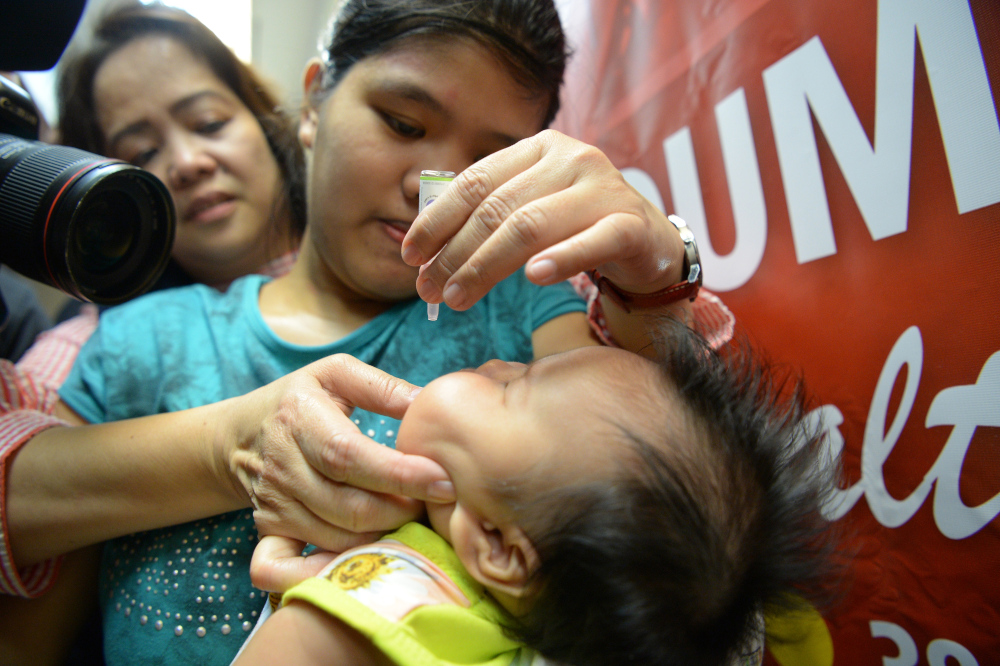KUALA LUMPUR, Dec 16 — Deputy Health Minister Dr Lee Boon Chye has ruled out making vaccination programmes compulsory despite the re-emergence of the polio virus in Sabah recently.
Dr Lee said alternative measures such as education and awareness programmes have proven to be fruitful with vaccination rates nationwide hitting 95 per cent.
A report in the New Straits Times quoted Dr Lee as saying that his ministry had received proposals to make the exercise compulsory after 2018 numbers showed that the vaccination rate for measles, mumps and rubella was less than 95 per cent.
“However, of late, following efforts taken in terms of education and information provided to parents, who were previously uncomfortable with the immunisation exercise, the vaccination rate has increased above 95 per cent,” he was quoted as saying by the daily.
This was in response to the Malaysian Family Medicine Academy which had recommended that vaccinations be made compulsory following the recent poliovirus diagnosis involving a three-month old boy in Sabah.
The toddler was said to have been infected by the virus which apparently originated from outside the country, with the case being the first of its kind reported in Malaysia in over 27-years after it was eradicated in 1992.
Malaysia along with other Western Pacific countries were declared polio-free in 2000, the report added.
The report also quoted Dr Lee as saying the spike in vaccination rates was proof that the public had benefited and that immunisations were protecting them from infectious diseases.
“As such, for the time being, I feel that there is no need for us to make vaccinations compulsory.
“We can approach it through education and through other measures to increase the vaccination coverage rate,” he said in the report.
Dr Lee added that discussions aimed at boosting the vaccination exercise in the affected areas in Sabah would take place next week between his ministry, the World Health Organisation (WHO) and The United Nations Children’s Fund (Unicef).
“We will discuss how to administer the vaccines in Sabah as well as the cost of the vaccines to be borne by the government,” he was quoted as saying.
The deputy minister included that talks with the Filipino government would also take place to find ways of bringing down the cost of the vaccine.



















